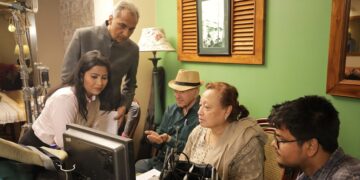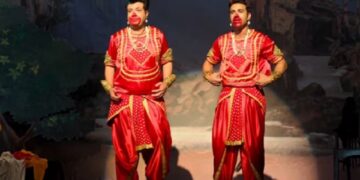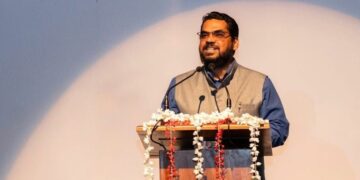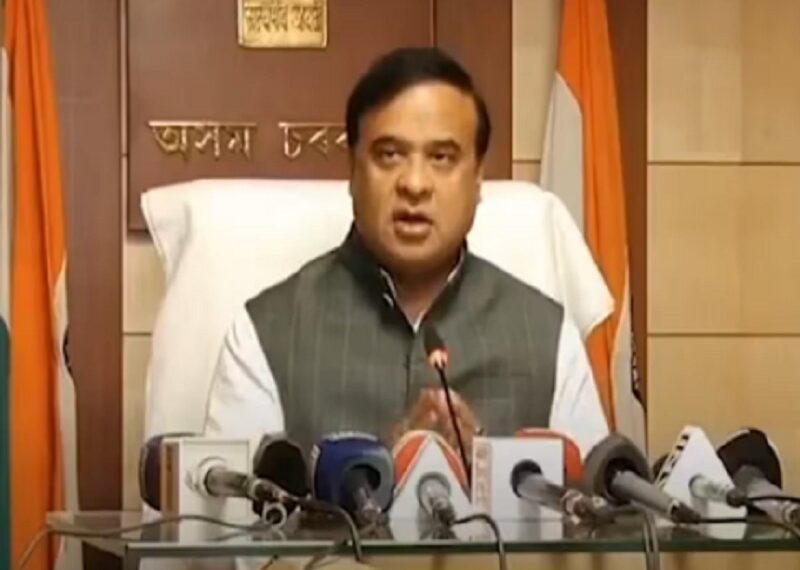Guwahati: Assam Chief Minister Himanta Biswa Sarma on Sunday announced that the state government will begin issuing the first batch of firearm licences to indigenous residents of “vulnerable and remote” areas by February 2026.
The announcement holds political significance as it comes just ahead of the state assembly elections, scheduled to be held in March–April next year.
Addressing a press conference after a cabinet meeting, Sarma said, “The first batch of licences under this scheme will be given in February. We have received a lot of applications for firearm licences. We are scrutinising the applications currently.”
Sarma said the government will issue firearm licences with utmost caution, adding that not everyone seeking one will be granted permission.
The chief minister also said that the state cabinet has approved a Bill to ban the practice of polygamy, for which convicts may face up to seven years of rigorous imprisonment.
The Assam cabinet on May 28 had decided that the government would give firearm licences to indigenous people living in “vulnerable and remote” areas for instilling a sense of security in them.
Minority-dominated Dhubri, Morigaon, Barpeta, Nagaon and South Salmara-Mankachar districts, and some other localities such as Rupahi, Dhing and Jania were stated as “vulnerable and remote areas”.
He added that the decision aligns with the BJP’s long-standing commitment to protect the ‘jati, mati aru bheti’ — identity, land, and homeland of Assam’s indigenous people.
“I have the data on the growth of the Hindu and Muslim populations between 2001 and 2011. In every block of Assam, the growth of the Hindu population is coming down and the Muslim population is increasing,” he added.
“I have noticed that demographic change has taken place rapidly in the economic aspect as well. In a way, a chapter of the Assamese people’s surrender has begun,” Sarma said.
ALSO READ: Assam Cabinet approves Rs 479 crore judicial township project in North Guwahati
The Chief Minister said the government has been closely scrutinising land sale permissions between Hindus and Muslims in line with a directive issued last year.
“We have observed that land sales from Hindus to Muslims are considerably higher, while the reverse is much less,” he said.















